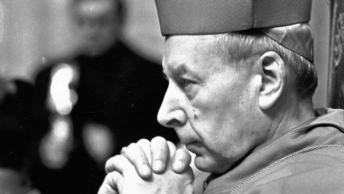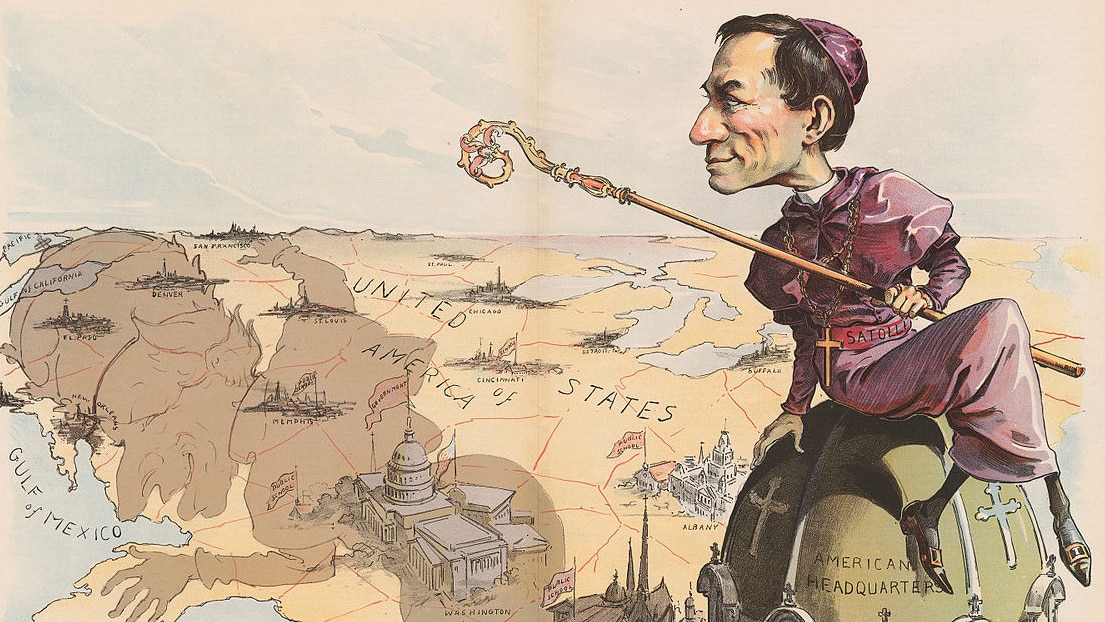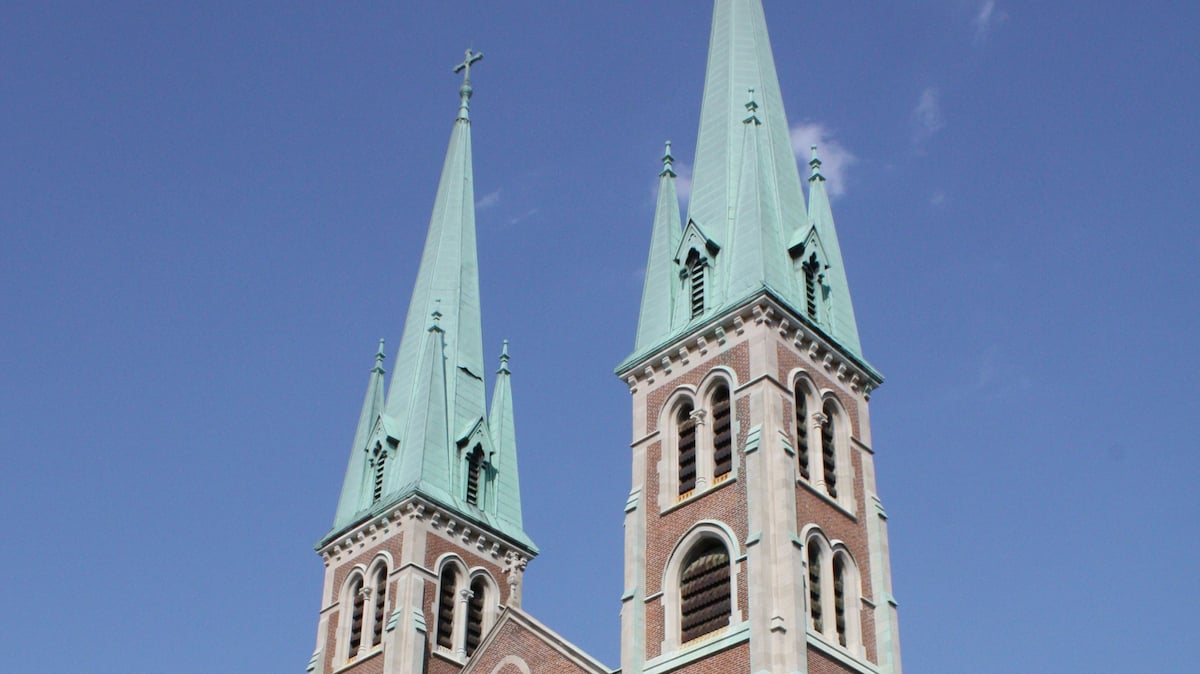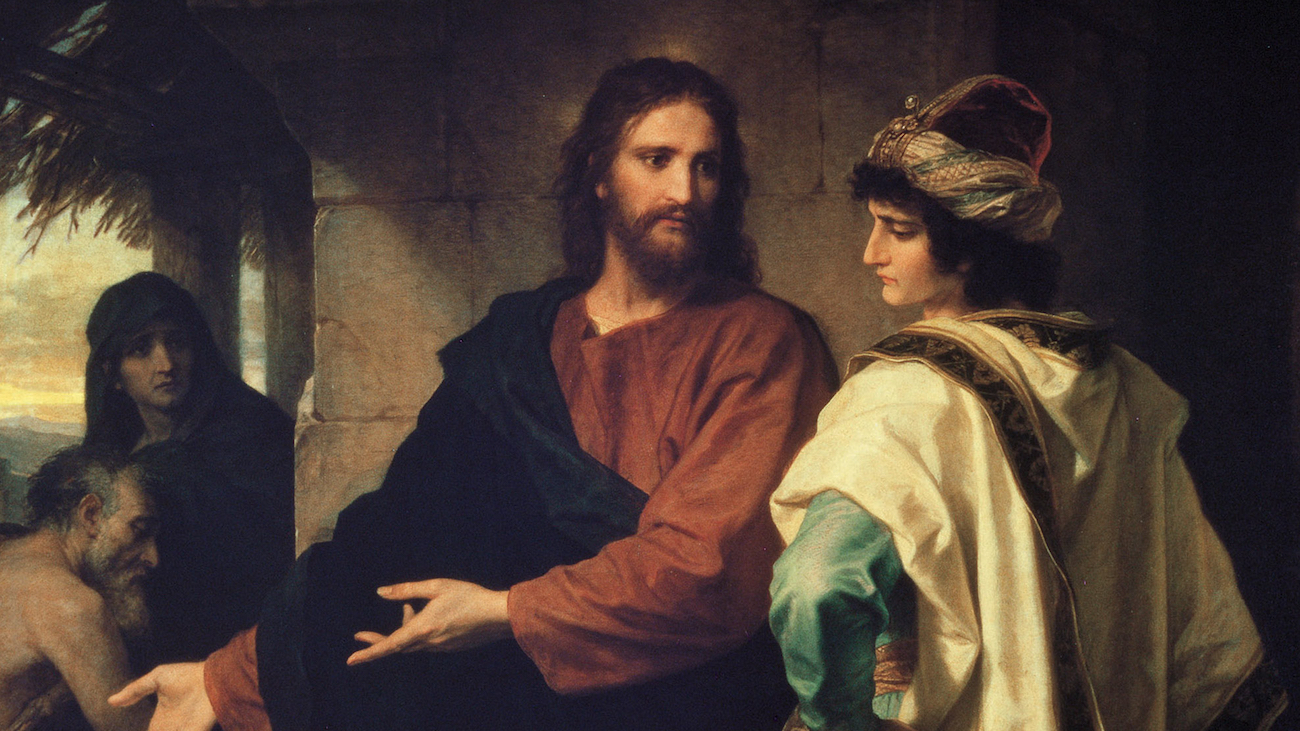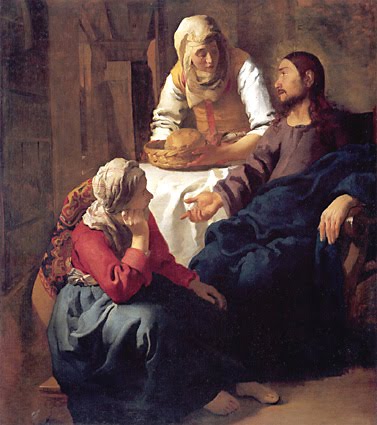
“There Are None So Blind As Those Who Will Not See” is a proverb that has been around for ages. When you read the New Testament you realize that Jesus Christ spent considerable time and energy combating the darkness found in the human heart and soul as well as curing those who were spiritually blind.
What was true then is true now. Many voices in the world that surround us are declaring that that the Catholic Church’s beliefs and teachings are nothing but superstition, that our Church hates gays, women, and that it is medieval and repressive using fear and power to try and control human beings. Their minds are made up and they don’t want to be confused by the facts.
What amazes me is the number of non-Catholic critics who declare what the Catholic Church teaches without having a clue about what it truly teaches. Some non-Catholics, fortunately just a few, tell us what we believe and what we ought to believe. Question: How can someone who does not share our beliefs tell us they know what we believe or ought to believe? Added to them are a number of former Catholics who have left the Church with only a 7th grade level of knowledge of what the Church teaches because they stopped going to religious education classes either on their own or because their parents simply gave up sending them. They are blind and they want to lead the blind. It is they who are prejudiced and repressive, not the Church. Their fear, suspicion, and conspiracy theories have captured the minds of many and corrupted the thinking processes of others against the Catholic Church.
A popular spiritual writer and columnist of our day, Father Ronald Rolheiser, wonders if we may be living in a post-ecclesial era, because so many people seem to prefer a King but not the kingdom, a shepherd with no flock, to believe without belonging, wanting a spiritual family with God as my father, as long as I’m the only child. They want spirituality without religion, faith without the faithful, and Christ without His Church. So they drift away from her, get mad at the Church, grow lax, join another church, or just give it all up.
Many times I have encountered all-or-nothing thinking in others, a type of thinking that leads them into false dilemmas, generalizations, mental filters in seeing things, ridiculing positive ideas, making mountains out of molehills, and especially using emotional reasoning. Along with these I have found may folks filled with “should statements.” They insist on how things should be rather than how things really are, imposing rigid rules they believe should always apply in all circumstances.
We all have our human weaknesses of different kinds. Some of us suffer from crosses life has laid upon us as happened to Job, St Paul, and suffered by martyrs. We all struggle with prejudices we received from our parents, schools, friends, churches we go to and so forth. We all have to struggle with “conventional wisdom” and against prejudices and modern superstitions perpetrated by newspaper opinion columnists – those who have taken the place of the medieval Popes and bishops! We all live in society and have to struggle with collective ignorance and irrationality. We struggle with prejudices among our families and friends.
Throughout the centuries the Catholic Church has built and staffed schools, colleges, and universities. The pursuit of Truth and the acquisition of knowledge permeates our seminaries, schools, and colleges. Our Church has nothing to fear from the truth. In fact it embraces truth, knowledge, and wisdom whenever and wherever it finds them.
Today we have with us adults here who are nearing the completion of their RCIA process of education and spiritual formation. We should all get on our knees and thank God for giving them to us. They are His gifts to us. You and I have known many of them and we know that in so very many instances they make wonderful Catholics and offer so very much to all of us.
How apt, then, is the dialogue of Jesus we just heard when He spoke to Martha and said:
I am the resurrection and the life; he who believes in me, though he die, yet shall he live, and whoever lives and believes in me shall never die. Do you believe this?
She said to him,
Yes, Lord; I believe that you are the Christ, the Son of God, he who is coming into the world.
Belief in God is difficult for us because belief in our basic institutions has been shaken and is difficult these days. The modern world has interpreted faith into statistical analysis and probability theories in order to avoid risk. Conspiracy theories are presented to us in our news media where conflict is reported under the notion that crisis and controversy sells their products. In such an environment faith is seen to be naive.
God, however, calls us to love. When you tell someone that you love them you are making an act of faith in them. Because you have faith in them you can make yourself vulnerable to them because you have faith in them. Love and faith are two sides of the same reality. Both involve risk. To give yourself to another in love is to take a risk. To have faith in another likewise involves risk.
Which is why we are here. God believes in us enough to love us. God has drawn near to us. Moreover God has given Himself to us in Jesus Christ. God offers Himself to us and then waits for our response. Is not that what receiving Him in Holy Communion is all about?
“Come and see,” Jesus tells us. And so may we have eyes to see and ears to hear what the God of love has in store for us.



